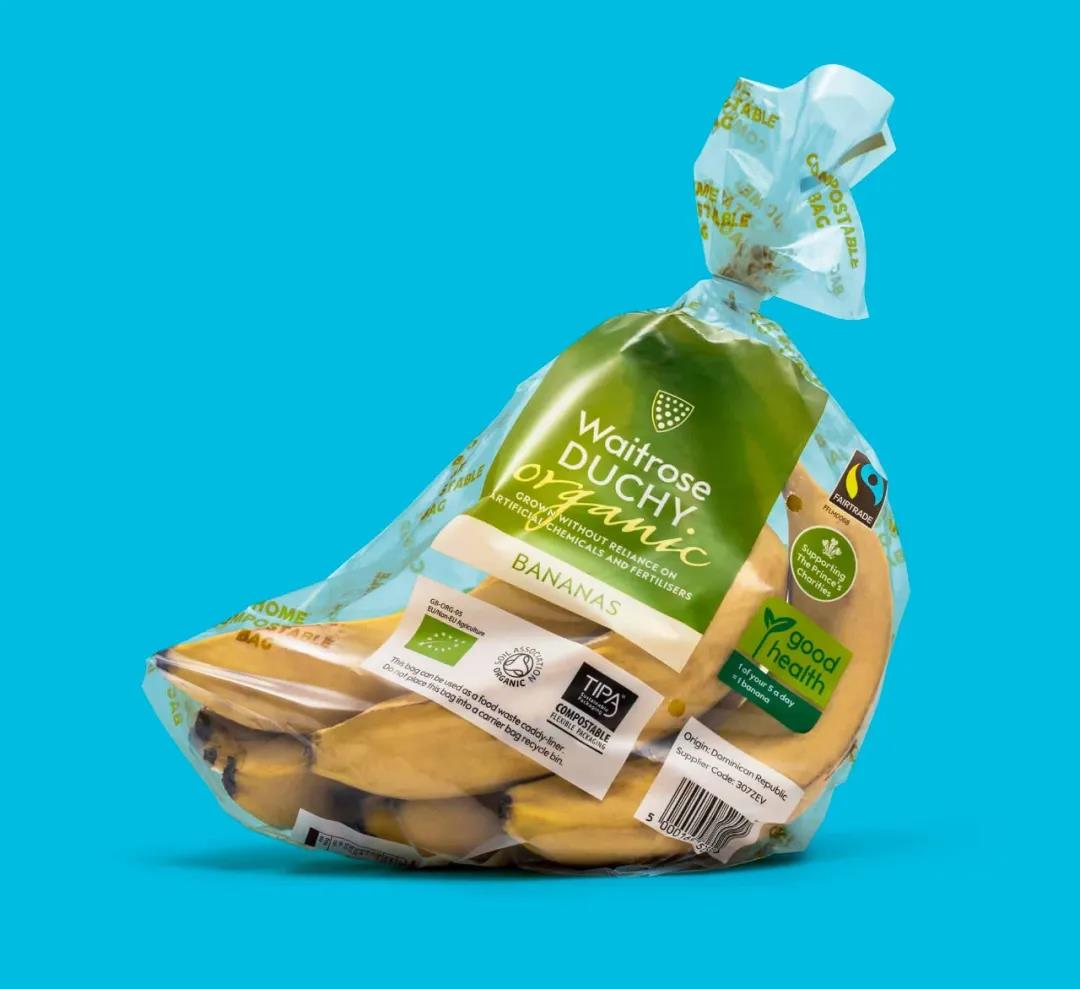Leading brands in Europe, Australia and the US are adopting Tipa's compostable packaging solutions globally. This is especially true for the food and fashion industries, as these are two key markets that use a lot of flexible packaging.
Tipa's biodegradable bags are TUV OK Home Compost certified for home composting and retain freshness better than traditional plastic film.
1. Cooperation with Fresh Harvest, USA
Founded in 2012, Fresh Harvest USA is a thriving food hub in Atlanta, Georgia.
Each week, they deliver fresh produce and groceries from local Georgia farmers and artisans to thousands of customers. Since sustainability remains one of the company's core values, all items are delivered no more than 70 miles to local customers.
While all Fresh Harvest commodities are delivered in reusable packaging, the products must be separated and protected in non-reusable packaging during shipping to ensure no damage. Fresh Harvest therefore needed a compostable solution that could extend the shelf life of its perishable products.
Fresh Harvest switched to using Tipa's compostable degradable bags in spring 2021 to protect its products during shipping and extend the shelf life of its perishable products, such as salad greens, etc. Tipa bags are fully compostable and derived from non-GMO corn, sugar cane and fully compostable fossil polymers.

For customers who do not have access to a composting facility at home, Fresh Harvest offers customers the option to rinse and return all packaging in their reusable garbage cans each week for collection and proper composting by Fresh Harvest.
In the past, Fresh Harvest has experimented with compostable packaging, but faced challenges from customers who were unhappy with the unpleasant odor inside the bags.
Tipa's packaging performs similarly to traditional plastic bags. The bags can be custom printed with the company logo and educational instructions on how to effectively compost the product, a winning combination for Fresh Harvest customers.
2. Micro-perforation technology for extended shelf life
Tipa's film combined with PerfoTec's laser micro-perforation technology extends the shelf life of fruits, vegetables and flowers by up to two times.
Two peer-reviewed studies reported similar findings that TIPA compostable packaging is as effective as traditional plastic and may even outperform it in terms of shelf life of fresh produce.The main advantages of using Tipa bag film as reported by PerfoTec.
Balanced oxygen transfer levels, just sufficient to allow the product to "dormant", with low risk of anaerobic conditions.
Balanced CO₂ transport levels, which prevent tissue damage, discoloration and off-flavors.
High water vapor transmission rate prevents condensation and thus delays the development of fungi and bacteria.
Product weight loss is kept at a very low level.
3. Compared with traditional plastic packaging
Scientists from the Agricultural Research Organization (ARO) and the Israel Volcano Institute have used cucumbers and bell peppers to measure the difference between compostable packaging and traditional plastic packaging.
They found that compostable packaging can provide shelf life of up to 21 days for bell peppers and up to 15 days for cucumbers, outperforming traditional plastic film. The compostable packaging used for these studies was made from Tipa film.
By extending shelf life, Tipa's packaging improves the consumer experience and helps reduce food waste.
Under normal composting conditions, Tipa's home compostable packaging will decompose within six months and degrade completely within one year. The packaging is TUV OK Home Compost certified for home composting.
Founded in 2010 by Daphna Nissenbaum and Tal Neuman to address the environmental challenges posed by flexible plastic packaging, Tipa creates flexible packaging designed to have the same life cycle as organics, leaving no toxic residues, microplastics, or other contaminants.
Its solutions maintain the same qualities that consumers and brands rely on in plastic packaging, including durability, clarity, printability and shelf life. tipa products have been adapted to industrial machinery and manufacturing practices, providing the same performance standards as traditional plastics.

